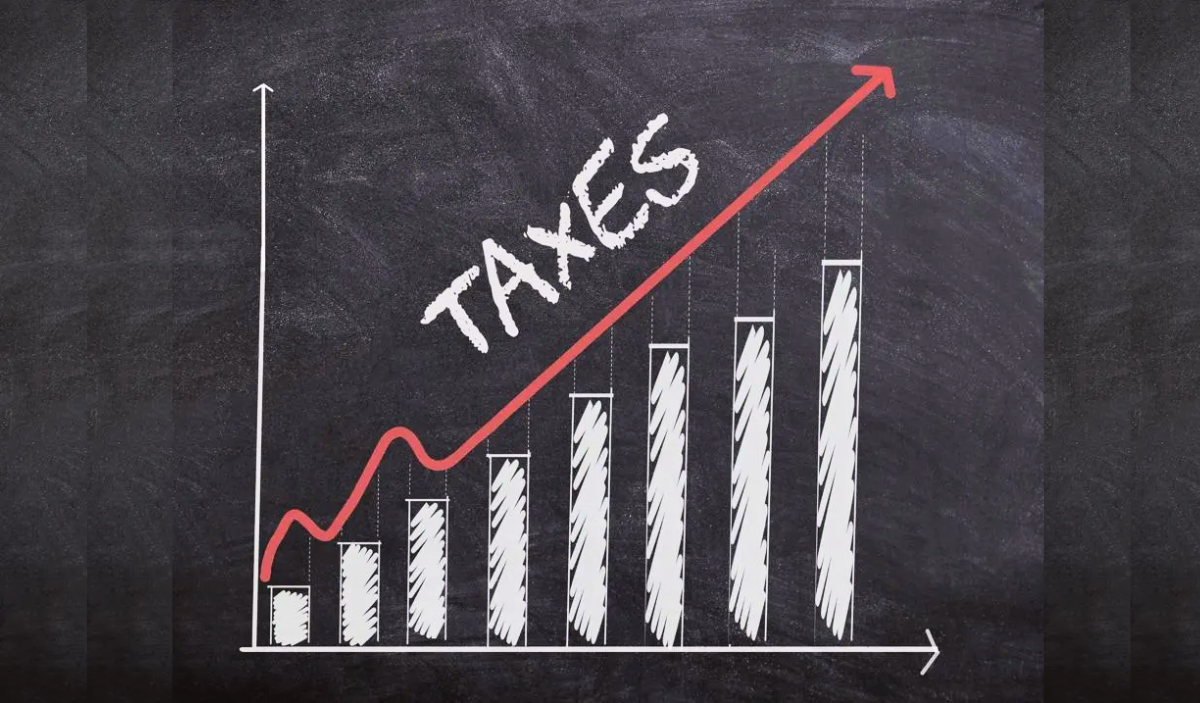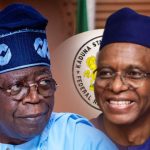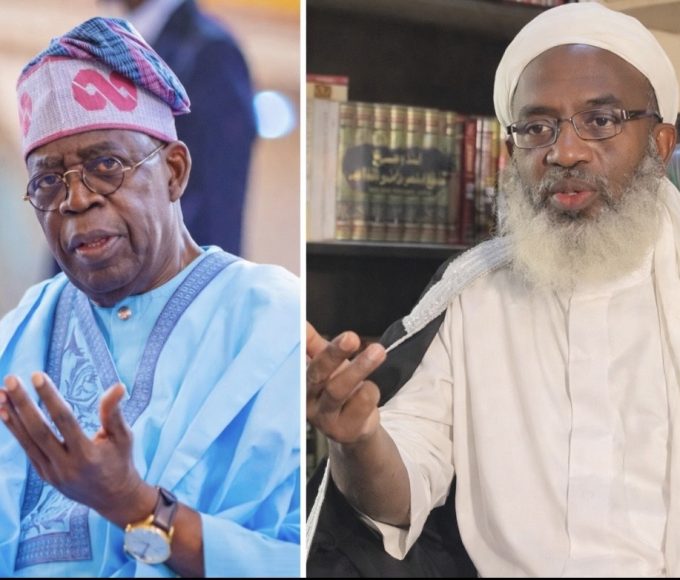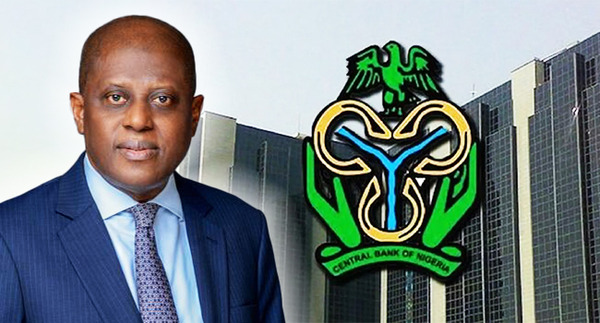
Who Really Writes African Tax Bills? The Hidden Influence of International Consultants and Institutions

At first glance, tax and finance bills in African countries like Nigeria and Kenya appear to be the product of domestic policymaking. Ministries of Finance, Revenue Authorities, and Parliaments officially draft, review, and pass these laws. However, the reality beneath the surface tells a different story, one where external consultants and international financial institutions (IFIs) such as the International Monetary Fund (IMF) and the World Bank hold significant sway over the content and direction of these legislations.
The Role of the IMF, World Bank, and External Consultants
Many African governments rely heavily on financial support and technical assistance from the IMF, World Bank, and other development partners. In exchange for this support, governments agree to implement structural reforms aimed at improving fiscal sustainability and economic governance. These reforms often come in the form of conditionalities attached to loans or grants.
As part of this process, international organisations frequently recommend, draft, or directly influence tax policies. Governments often engage external consultants, experts with technical knowledge aligned with the IMF and World Bank priorities, to assist in preparing tax bills. These consultants bring “best practice” frameworks emphasising revenue maximisation, tax base broadening, and enforcement improvements.
While such expertise can be valuable, it often comes with a cost: local contexts and social realities are frequently sidelined, and tax reforms end up reflecting donor priorities rather than the needs of ordinary citizens.
The striking parallels between Nigeria’s Tax Act, 2025, and Kenya’s recent Finance Bill are not coincidental. Both countries have been recipients of significant IMF and World Bank involvement, and their tax laws bear the unmistakable imprint of these external influences.
Broadening the Tax Base on Digital Services: Both laws extend tax coverage to digital and virtual assets, reflecting these institutions’ push to capture revenue from the rapidly growing digital economy. These sectors are often under-taxed in developing countries, so international partners view them as “low-hanging fruit” for increasing government revenues.
Fuel Levies and Surcharges: The introduction of fuel-related surcharges and levies aligns with IMF recommendations to reduce fuel subsidies and increase indirect taxation. This strategy aims to create stable revenue streams but tends to impact low-income consumers dependent on petrol and diesel disproportionately.
Development Levies and Business Taxes: Both bills impose levies on company profits and introduce stricter limits on interest deductibility, measures strongly encouraged by international tax reform frameworks to curb tax avoidance and enhance fiscal space.
VAT on Transport and Ride-Hailing Services: Applying VAT to ride-hailing and other transport services follows global best practices promoted by international consultants to expand VAT coverage and formalise growing sectors. However, the exclusion of exemptions for informal or shared transport raises concerns about equity and accessibility.
The Impact on Citizens and Local Economies
While the technical goals of these reforms are clear, to increase government revenues, improve compliance, and reduce fiscal deficits, the practical outcomes are often far less optimistic. Many citizens and small businesses face higher costs, reduced disposable income, and increased administrative burdens.
In countries where social safety nets are weak and poverty remains widespread, these tax policies can exacerbate inequality and deepen economic hardship. Instead of policies tailored to local realities, governments are enacting tax regimes that prioritise meeting international revenue targets, often at the expense of social welfare.
A Cycle of Dependency and Limited Sovereignty
This dynamic creates a troubling cycle that includes:
- Governments incur debts or seek funding from IFIs.
- IFIs impose reform conditionalities focused on revenue generation and fiscal discipline.
- External consultants and advisors heavily influence or draft tax laws to meet these conditions.
- Governments pass laws that raise taxes and levies, but may not fully address local social and economic challenges.
- Citizens bear the brunt of increased tax burdens.
- Economic growth slows or remains fragile, requiring further external support.
The cycle limits the fiscal sovereignty of African countries, where tax policies often reflect donor priorities rather than domestic needs.
While international expertise and financial support can help ‘modernise’ tax systems, the dominant role of IFIs and their consultants in drafting African tax legislation raises critical questions about ownership, equity, and justice. The similarities between Nigeria’s and Kenya’s tax reforms underscore how deeply embedded this influence is, resulting in laws that may boost government revenues but risk alienating the very populations they are meant to serve.
African governments must strive for greater control and adaptation of tax reforms to local contexts, ensuring that policies promote sustainable development without unduly burdening their citizens.
Read More:
- Niger Invites Burkina Faso To Partner In Coal Project For Sahel Energy Independence
- Aaron Greenspan Accuses FBI, DEA of Playing Politics, Deliberately Delaying Release of Unredacted Tinubu Drug Files “As Favour To Nigerian President”
About The Author
Related Articles
Tinubu Follows Gumi’s Lead as Nigeria Signs Turkey Defence Deal, Fueling Speculation Over Who Really Controls the Country’s Security Policy
Nigeria’s diplomatic and security strategy is once again under scrutiny after a...
ByWest Africa WeeklyJanuary 28, 2026Burkina Faso President Ibrahim Traoré Reviews 2025 Achievements, Sets Ambitious Agenda for 2026
Burkina Faso’s President, Ibrahim Traoré, has described 2025 as a year of...
ByWest Africa WeeklyJanuary 28, 2026Mali Says Reports of New Three-State Sahel Currency Are False but Talks Continue on Economic Integration
Mali’s government has rejected claims that it and its neighbours, Burkina Faso...
ByWest Africa WeeklyJanuary 28, 2026CBN Upgrades Opay, Moniepoint, Kuda and Others to National Licences
The Central Bank of Nigeria has upgraded the operating licences of several...
ByWest Africa WeeklyJanuary 28, 2026












Leave a comment